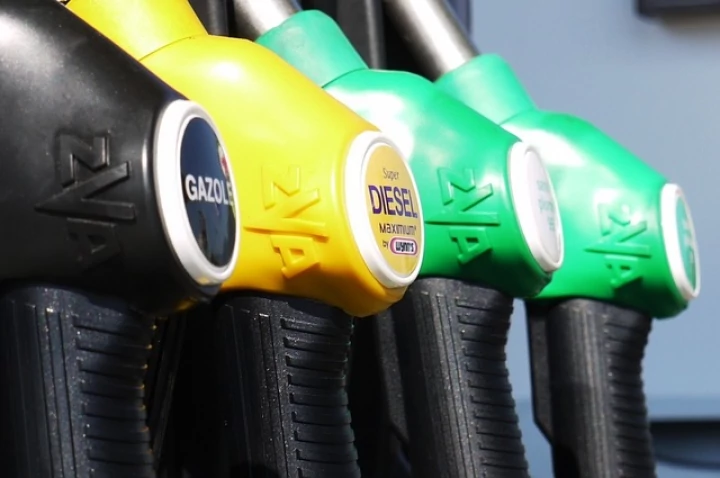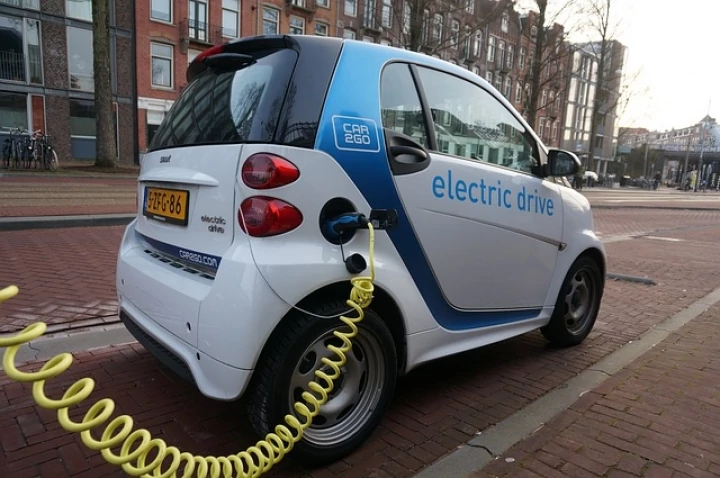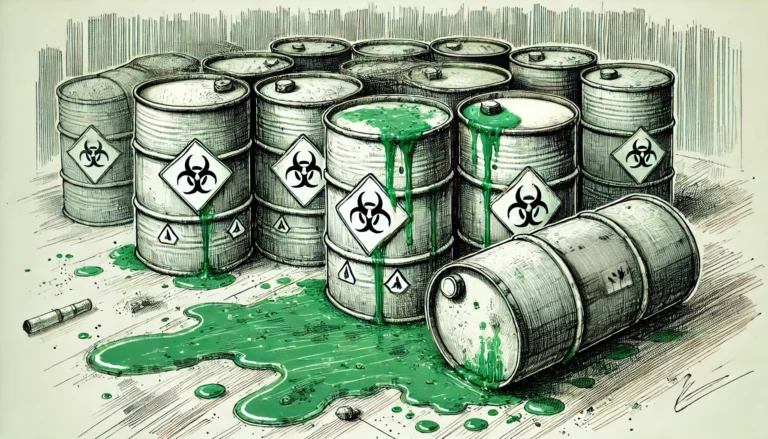Fuel made from plastic? A revolutionary idea straight from the United States

It is estimated that nearly 300,000 tonnes of plastic waste are floating in the oceans. Where others see a problem, two men have spotted a solution. They want to take advantage of this raw material lying in the world's oceans and turn it into fuel. Is their vision likely to become a reality? There are many indications that it does.
Messrs James Holm and Swaminathan Ramesh have decided to crack down once and for all on the problem of waste littering the planet's largest bodies of water. The former is a sailor, while the latter is an organic chemist. Why should they be the ones to solve a problem faced by professionals around the world?
The answer can be encapsulated in two words - a mobile reactor. Yes, this inconspicuous duo has invented a device that will allow what has so far been considered an obstacle and a problem to be transformed into a source of energy. They anticipate that their invention will revolutionise the approach to the aforementioned raw material. In addition, thanks to its size, it will also be able to be mounted on boats to propel them thanks to waste, fished from the ocean. Doesn't it sound interesting?
Holm and Ramesh presented a prototype of their device a week ago at the 253rd Annual Meeting of the Members of the American Chemical Society.
James E. Holm, a sailor with nearly 40 years of experience, says that over the years he has watched the seas and shores become increasingly polluted.
A few years ago I was sailing through the Panama Canal and when I moored off an island on the Atlantic side, I was shocked by the amount of plastic rubbish on the beach. I thought at the time that if I had the opportunity to do something about it, I should take that opportunity.
His colleague, Dr Swaminathan Ramesh, was excited to search for a new idea with the potential to change the world for the better. The men set to work with enthusiasm, resulting in the creation of a mini-reactor. The idea behind the creation of the device is to use bicarbonate-based plastic waste as a raw material to create diesel fuel. In addition, they wanted to eliminate the pollution of global bodies of water with plastic by finding a market for it.
Ramesh explains that the technologies available today, using pyrolysis, are used to break down materials into particles or to depolymerise the unwanted polymers that make up plastic waste. This process extracts a bicarbonate-based fuel. However, this method is quite complex and the steps to make the fuel so obtained usable are expensive.
The solution, proposed by Ramesh and Holm, is not only less costly on a small scale, it uses lower temperatures and is also mobile.
If people see the potential of our solution and start using it to turn plastic waste into fuel, while making money in the process, we will be able to say we have succeeded,' says James Holm. - 'We can even eliminate plastic waste completely before it reaches the oceans, making it a valuable resource locally on a global scale.
Elaborated based on American Chemical Society. "Ridding the oceans of plastics by turning the waste into valuable fuel." ScienceDaily. ScienceDaily, 3 April 2017.






